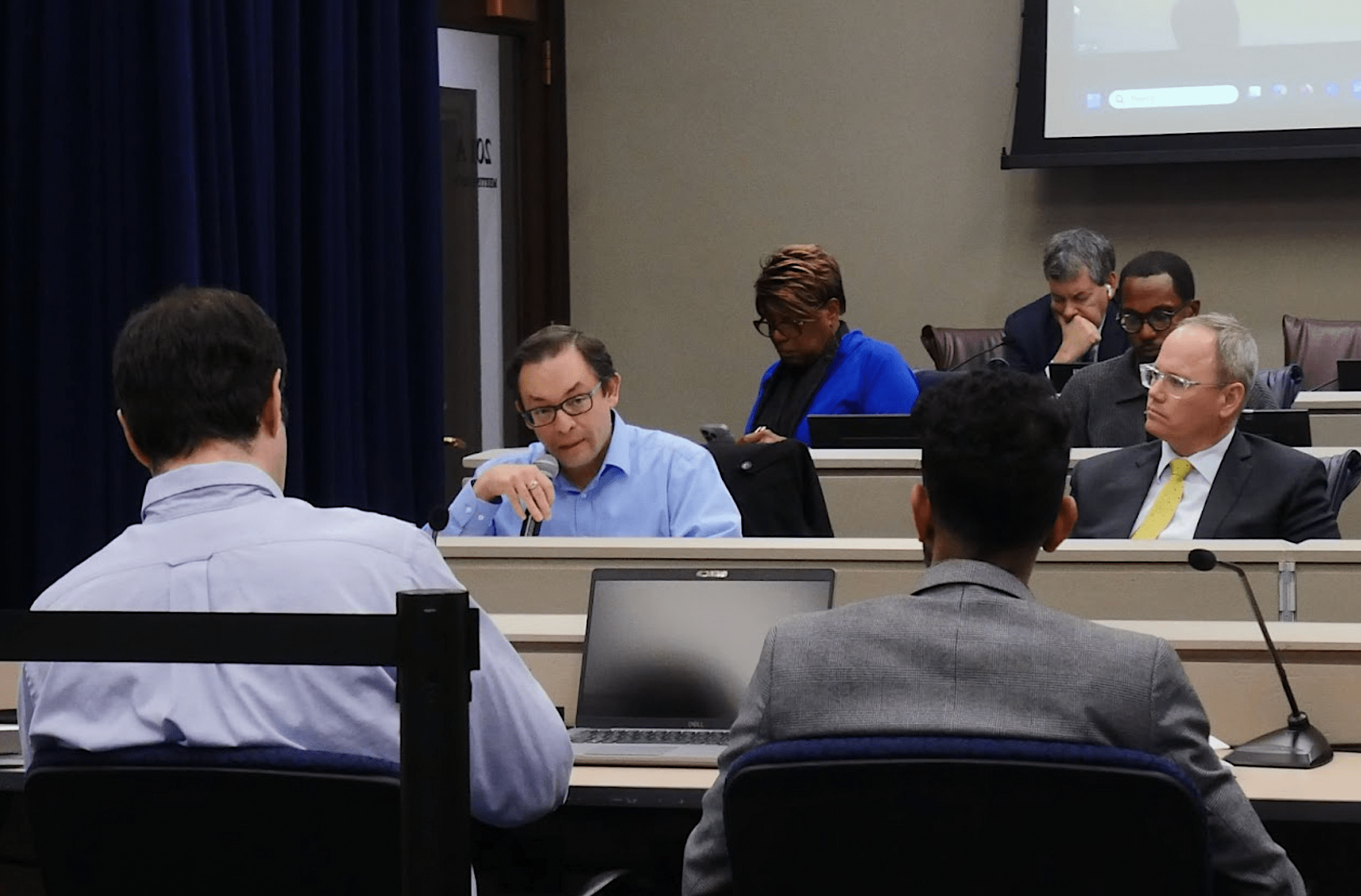
The Wisconsin Department of Transportation is set on widening Interstate 94, a highway that runs east-west through Milwaukee. The agency is so committed to this idea that it is proceeding, at great expense and over the objections of Milwaukee's mayor, with a project to double-deck a portion of the road through a relatively densely populated area. The money that WisDOT is prepared to shell out for this highway expansion could be better spent providing quality transit options along the corridor, the Wisconsin Public Interest Research says in a new report [PDF].

The justification for the billion-dollar highway project is flimsy. The state DOT says traffic will grow 24 percent by 2030, but traffic has actually declined on the highway during the last four years data was available. The Milwaukee region grew less than 1 percent over the last 13 years, and total driving in Wisconsin hasn't increased in the last 10 years. There is no reason to think the next 15 years will be all that different.
Since WisDOT is only considering different road expansion scenarios for this corridor, WisPIRG decided to do the work the agency has refused to do, hiring New Jersey DOT veteran Mark Stout to study what else the state can get for its money besides a few extra highway lanes.
A coalition fighting the I-94 expansion released the results of Stout's work yesterday. Stout recommends that WisDOT rehab I-94 without breaking the bank on new traffic lanes. More important than expanding the road, he writes, is providing options to get around without clogging streets with more cars -- namely, beefed up transit.
Stout developed a conceptual rapid transit plan [above] that would enable residents to travel the corridor by bus or rail. The transit plan is designed to serve important clusters of housing and jobs, and to connect with the city's planned downtown streetcar, increasing the usefulness of both systems. Stout did not attempt to put a price tag on the transit expansion, but he said it could likely be accommodated with existing resources outlined in the region's Transportation Improvement Plan, a docket of projects eligible for federal funding.
“Rather than squander billions of tax dollars on overbuilding highways, WISDOT should be offering a vision for transportation that will help strengthen communities, connect people to jobs, and better accommodate changing local needs," said WisPIRG's Bruce Speight in a press release. "They aren’t doing it, so we have to do it for them.”




